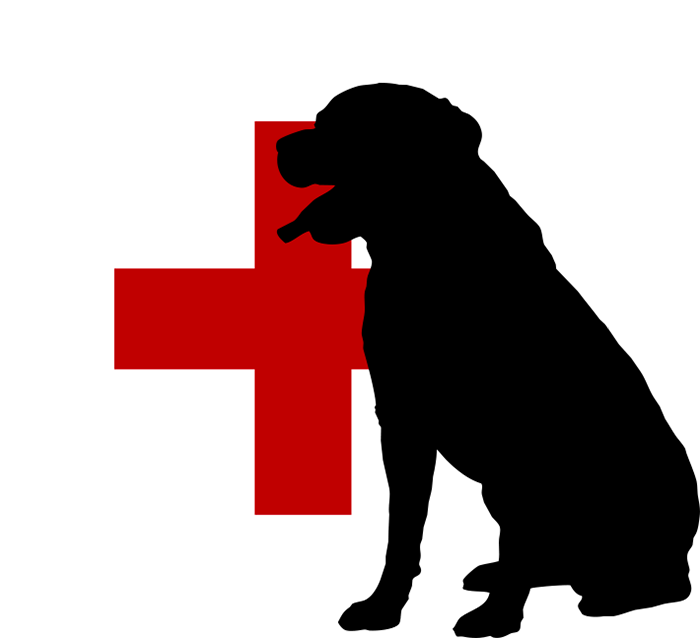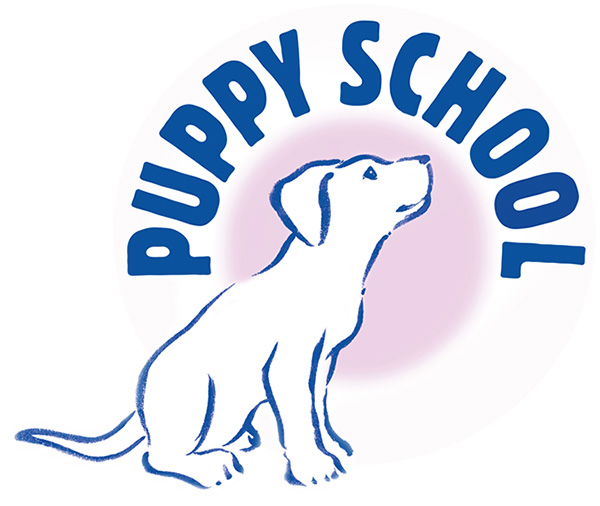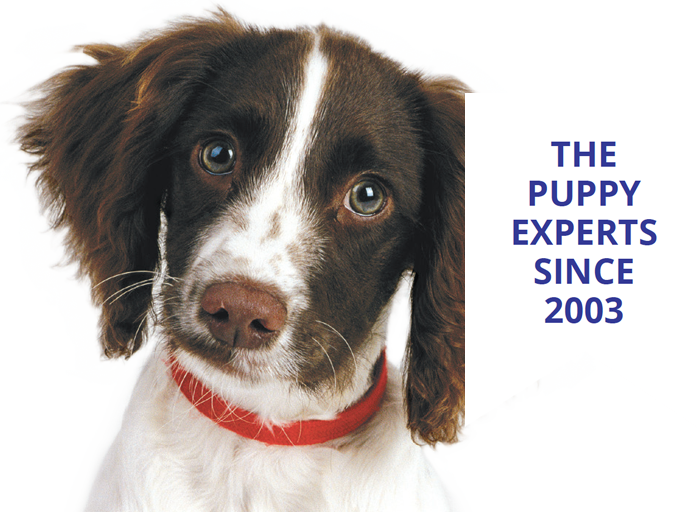What to expect at Puppy School classes
Fun and friendly atmosphere at Puppy school classes
At Puppy School classes, we wish everyone attending to learn easily in a comfortable, encouraging atmosphere.
We will help you to achieve success. Don’t worry if your puppy goes to toilet in the hall, barks in class or does anything else you would prefer it didn't do! Remember that everyone's puppy is only just learning how to behave, mistakes will happen, and we are here to help you overcome problems and turn them into learning experiences.
Please don't worry that you or your puppy will not be good at all the exercises, it takes time to learn and both humans and puppies have different abilities and everyone will progress at different rates. Please try not to compare your puppy's progress with others - another owner may have more experience than you or an easier puppy.
What can be achieved in Puppy School classes?
During classes, exercises will be explained and clearly demonstrated.
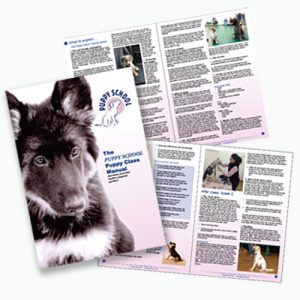
In order to achieve optimal results, many short daily training sessions at home are favorable. As part of our course, clients will receive a helpful Puppy School manual which will allow you and your puppy to practice the techniques in lessons prior to the next class.
Exercises progress gradually over the six sessions to further your puppy's knowledge & development.
The following training exercises will be covered at your Puppy school classes
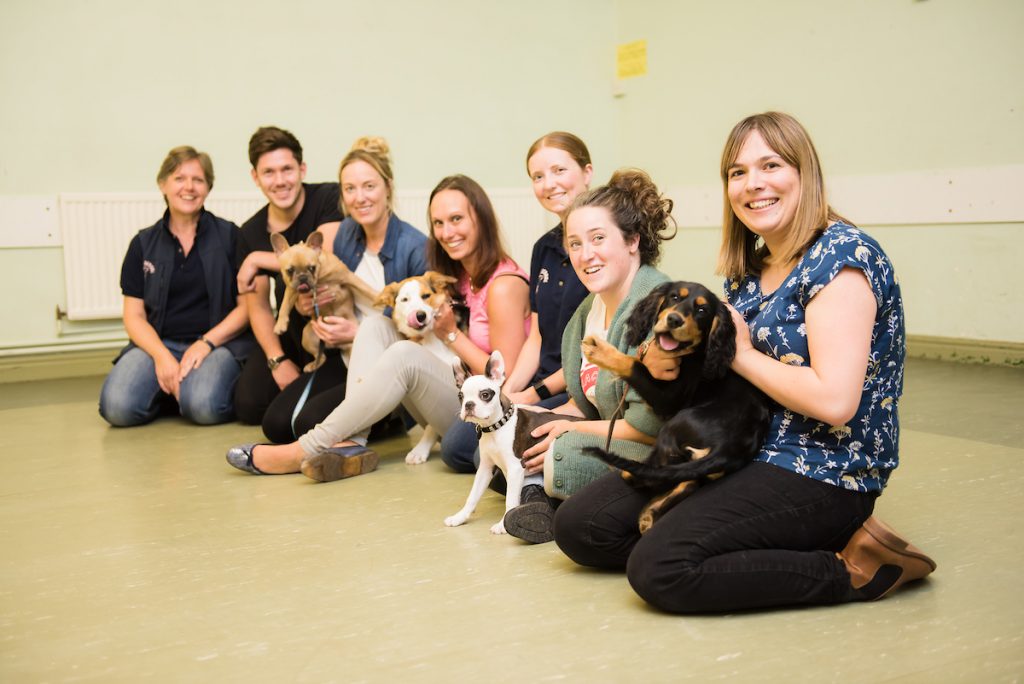
- Come when called
- 'Sit', 'down' and 'stand'
- Walk on loose lead
- 'Stay'
- 'Gentle' (taking food from hands gently)
- Socialisation with any adults, children and other puppies attending class
- How to greet people appropriately without jumping up
- Getting used to being examined for the vets and the groomers
- How to accept people near to food bowls, bones and chew
- How to play and bond with your puppy
* Please note we cannot guarantee the attendance of children to help socialise your puppy, but we do encourage families with children to bring them to class to learn how to train their puppy and to interact positively with other puppies in the class *
Preparing your puppy for travelling to classes
Travelling in cars can be an unsettling experience for young puppies, so prepare as follows:
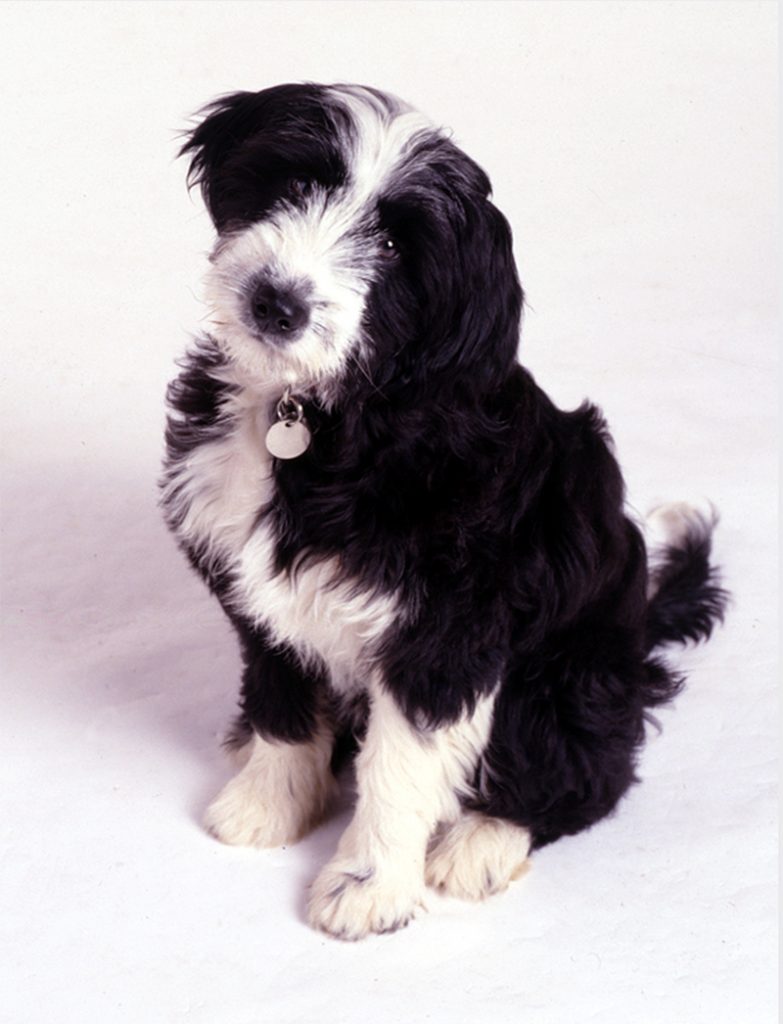
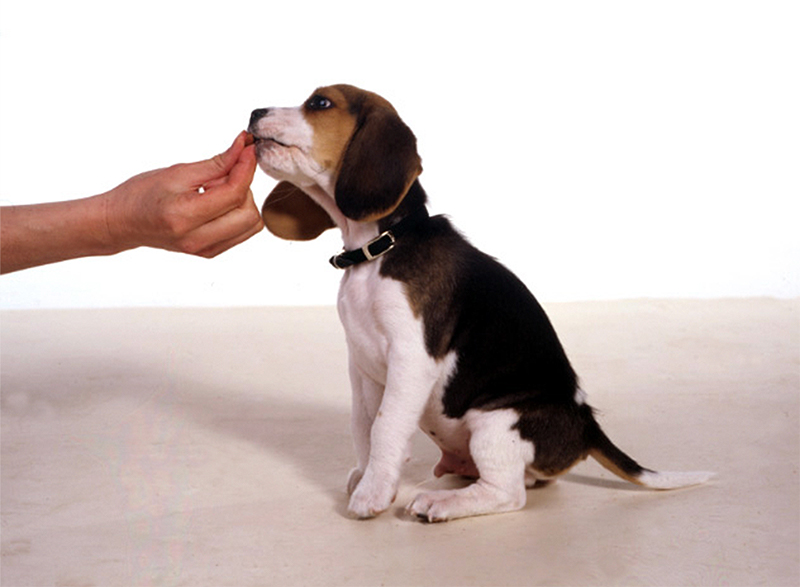
Play with your puppy and feed small meals in the car when it is stationary to give pleasant associations with being inside.
Take your puppy on short journeys, ending with a walk or a play session.
Place your puppy on non-slip, absorbent bedding for the journey. A smaller space is better than a large one so your puppy can lean against the sides for support.
Close doors carefully and drive considerately. Remember that your puppy cannot see where the car is going, is not sitting in a seat, and cannot predict when the next corner will be coming up
Arrive in plenty of time to allow your puppy to recover from the journey before class begins
If your puppy is very worried about car travel or is very shy, an ADAPTIL Junior collar from your vet can help. Most puppies are a little overwhelmed by the first experience of coming to their Puppy School classes. They soon learn to enjoy it and it is a good learning experience for them, but expect a drop in your puppy’s confidence when coming to class for the first time.
Your puppy needs to be interested in working for the treats you are offering during training. For this reason, it is not a good idea to feed your puppy just before the class. It is important that your puppy is not too hungry either, as this will affect their ability to concentrate. Feeding a small meal a few hours in advance of the class can help to sooth the appetite, but still leave your puppy wanting more.
If you own a boisterous puppy that has lots of energy, try to arrange a vigorous play and free running session in a safe place before coming to class. This will help to ensure that your puppy is in a calm, ready-to-learn mood.
Try to arrive at least 15 minutes early at the venue. This will allow your puppy to recover from the journey, take a small walk and go to toilet before coming into class.
Try to avoid other puppies during this time rather than let him meet others and play. This will allow your puppy to relax, toilet and be ready for class.
Every week, bring:
A suitable flat collar or harness and clip lead
Treats (lots of small pieces and a variety)
Toys (no squeaky toys please)
A small chew to occupy your puppy
Water bowl + small bottle of water
Bedding for your puppy to relax on
A cushion to sit on if required (seating will be provided)
Pooh bags
Plus:
- Vaccination certificate (Week 1 only)
- A small brush and towel (Week 3 only)
What to bring to Puppy School classes continued:
- Your puppy, wearing a plain buckle collar, with cloth or leather lead or a well-fitting harness (Perfect Fit and Mekuti harness are recommended) (no chain collars or leads, head collars or Flexi leads please). Please put the collar on a few days before coming to classes so that your puppy is already used to it before attending.
- All the family including any children over the age of 5 years. Everyone is welcome, and the more people who attend, the more socialisation can be done. Children will be expected to listen and learn along with the adults.
- Small, tasty treats. These should be small so your puppy does not become full too quickly. Pieces about the size of a small pea are best. There are plenty of tasty treats on the market that can be cut up into small pieces. Alternatively, cooked liver that has been cut into small cubes and dried in the oven, or cheese is usually very acceptable to puppies. Soft, smelly food is usually more acceptable than dry, hard food, but some puppies will work well for the dry kibble food they are usually fed. If you are introducing new foods, be careful not to feed too much and upset their digestion. Feed gradually increasing amounts in the days leading up to the first class so they get used to it gradually.Use whatever treats work best for your puppy. You may find that, after a few weeks, your puppy begins to lose interest in working for familiar treats. For this reason, it is best to vary the treats from week to week.
- Toys. Some puppies work harder for a game with a toy than for food. Bring your puppy's favourite toy so that you can use it to attract his attention if you need to. Soft toys that can be bitten and tugged are best. Please avoid squeaky toys and toys that roll as these can cause a distraction for other puppies.
- Water and a bowl.
- A small piece of bedding for your puppy to relax on during demonstrations and handling exercises.
- Many exercises require you to sit on the floor, so please wear comfortable clothes and bring something to sit on if required.
- Pooh bags. We will explain what to do if your puppy goes to toilet in the hall. Please bring a supply of pooh bags (nappy sacks are suitable) and clean up after your puppy if it toilets in the area around the hall or out on a walk.
Disease control
It is important that your puppy is vaccinated and cleared by your veterinary surgeon prior to attending classes. Different vets have differing views on what is the best way to protect against contagious diseases so it may be a good idea to ask the opinion of several before deciding on what is best for your puppy.
Please bring your puppy's vaccination certificate with you when attending the first class.
It is likely that your puppy will be given medication to kill intestinal worms at the time of vaccination. Puppies usually acquire roundworms from their mothers, and so need a good worming programme to ensure they are free of them.
Since these worms can be transferred to humans, please ensure that your puppy has been wormed with a prescription wormer before attending classes. To reduce the risk of cross-infection, there will be no communal water bowl in class.
Puppies get thirsty after travelling, playing and eating treats, so please provide your own water bowl and offer drinks frequently.
